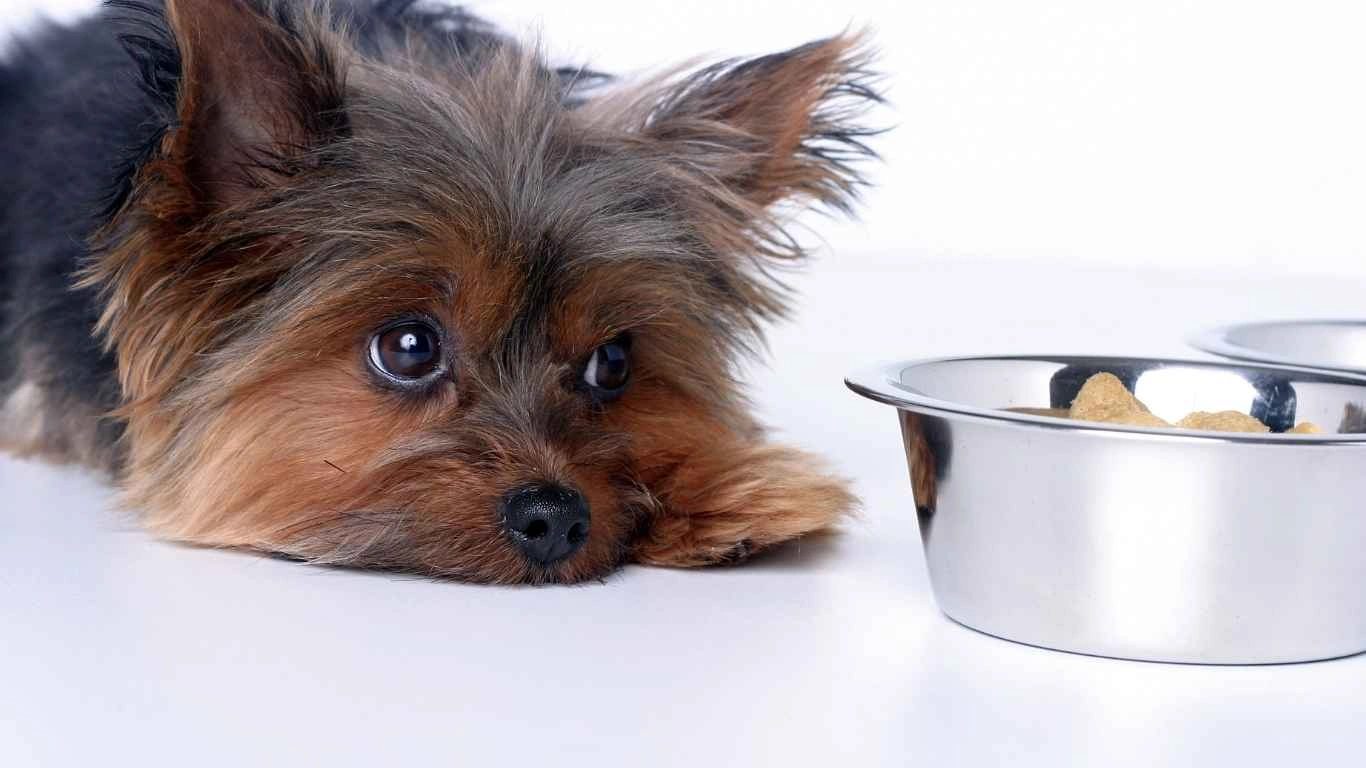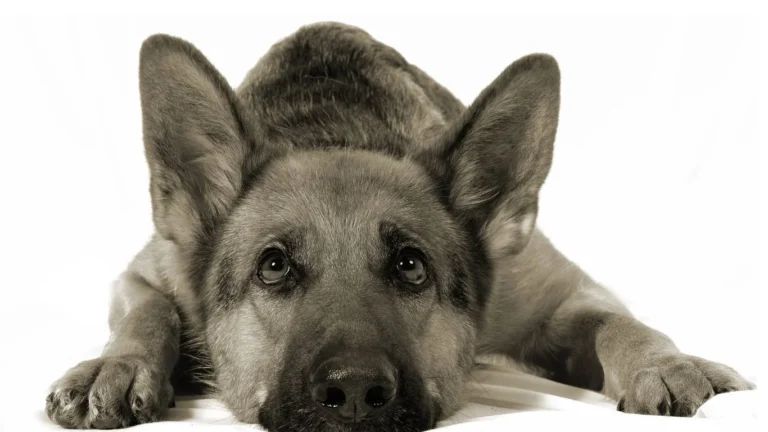Discover the Surprising Benefits of Feeding Quail Eggs to Dogs for Health
As a Pet Nutritionist and someone who’s spent years working in veterinary clinics, I can tell you that pet owners are always looking for ways to improve their dog’s health and diet. One food that’s gaining attention lately in the pet nutrition world is quail eggs. While many are familiar with chicken eggs, quail eggs are often overlooked. But did you know that quail eggs can offer a wealth of health benefits for dogs? In this article, I’ll dive into the surprising advantages of feeding quail eggs to your dog and why this tiny little egg can have such a big impact on your furry friend’s health.
The Nutritional Power of Quail Eggs for Dogs
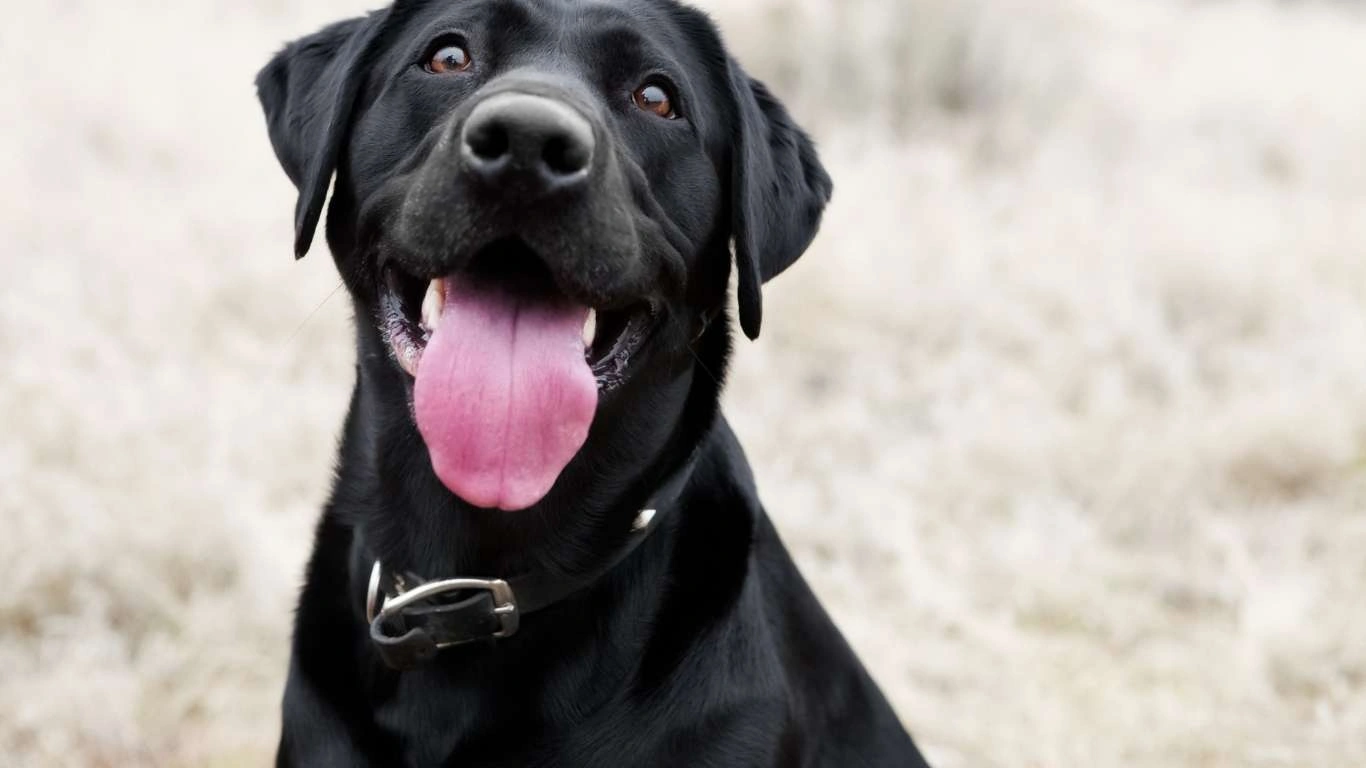
First, let’s talk about the nutritional profile of quail eggs. While small in size, they pack a serious punch when it comes to nutrients. Compared to chicken eggs, quail eggs contain more protein, more vitamins, and a higher fat content. This means they can provide your dog with a well-rounded mix of essential nutrients that contribute to better overall health.
Rich in Protein for Muscle Health
Dogs need protein to maintain healthy muscles, build new cells, and support their immune system. Quail eggs are an excellent source of high-quality protein, and the amino acid profile they offer is ideal for your dog’s needs. Protein from animal sources, like quail eggs, is particularly beneficial because it’s more easily absorbed and utilized by your dog’s body than plant-based protein sources.
For example, a single quail egg can contain around 1 gram of protein, and when combined with other protein sources in your dog’s diet, quail eggs can play a crucial role in keeping their muscles strong and their energy levels high. This is especially important for active dogs or those who are recovering from illness or surgery, as their bodies require more protein to rebuild and recover.
A Boost of Essential Vitamins and Minerals
Quail eggs are rich in vitamins and minerals that help keep your dog’s body functioning properly. They’re packed with vitamins like Vitamin A, which supports vision and immune function, and Vitamin B12, which plays a role in nerve health and red blood cell production. Additionally, they contain important minerals like iron, zinc, and phosphorus, which contribute to your dog’s bone health and skin condition.
- Vitamin A: Supports healthy vision and immune function.
- Vitamin B12: Crucial for energy production and nerve health.
- Zinc: Supports immune system function and skin health.
- Iron: Vital for healthy blood circulation and oxygen transport.
Healthy Fats for Skin and Coat
If your dog struggles with dry skin or a dull coat, quail eggs could be a game changer. These eggs are rich in healthy fats, particularly omega-3 fatty acids, which are essential for maintaining a shiny, soft coat. Omega-3s also help reduce inflammation and can contribute to overall skin health, preventing issues like dry, flaky skin or hotspots. Quail eggs provide a natural and tasty way to ensure your dog’s skin stays hydrated and their coat stays glossy.
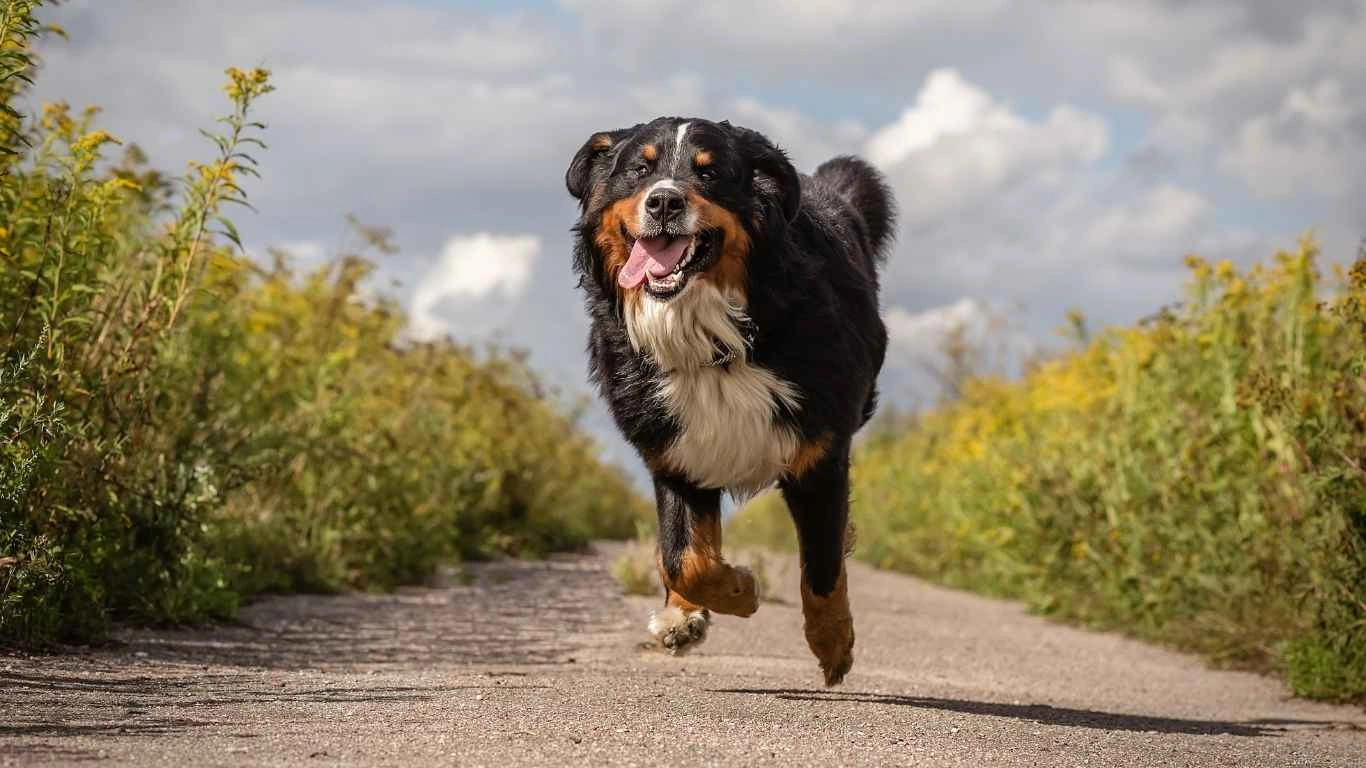
The Digestibility Advantage of Quail Eggs
One of the most important factors to consider when adding new food to your dog’s diet is how easily it’s digested. Quail eggs are highly digestible, which means they’re easier on your dog’s stomach compared to other protein sources like beef or chicken. The structure of the proteins and fats in quail eggs is easier for your dog’s digestive system to break down, allowing for better absorption of the nutrients.
This makes quail eggs an ideal option for dogs with sensitive stomachs or those who have trouble digesting other types of food. I’ve personally seen dogs who had trouble with grain-based diets or traditional protein sources thrive after incorporating quail eggs into their meals. Their digestion improves, and they experience fewer issues like gas or bloating.
Allergy-Friendly and Hypoallergenic
If your dog suffers from food allergies or sensitivities, quail eggs may be a great alternative to more common egg types, such as chicken eggs. Quail eggs have a lower allergenic potential, which means they’re less likely to cause allergic reactions in dogs with sensitive systems. If your dog has developed a reaction to chicken eggs, switching to quail eggs might be a good option to try.
Additionally, quail eggs don’t contain the same level of histamines found in chicken eggs, making them a suitable choice for dogs with seasonal allergies. I’ve seen a number of dogs who were able to tolerate quail eggs better than their regular egg options, and their owners noticed improvements in their skin and overall health.
How to Safely Feed Quail Eggs to Your Dog

Before you start adding quail eggs to your dog’s meals, there are a few things to keep in mind. Although quail eggs are a nutritious addition to your dog’s diet, they should be introduced gradually. If your dog has never had eggs before, start with a small amount and observe how their body reacts. Like with any new food, it’s essential to keep an eye out for any signs of allergies or digestive upset.
You can offer quail eggs raw or cooked, depending on your preference and your dog’s tastes. Some owners like to lightly scramble them, while others prefer to serve them raw. Just make sure to remove the shell if you’re serving them raw to avoid any choking hazards. Quail eggs can be a tasty treat on their own, or you can mix them into your dog’s regular food for an extra boost of nutrition.
- Start with one quail egg per day and monitor for any digestive changes.
- Remove the shell if serving raw eggs to prevent choking.
- Introduce quail eggs gradually to allow your dog’s system to adjust.
Supporting Brain Function and Cognitive Health
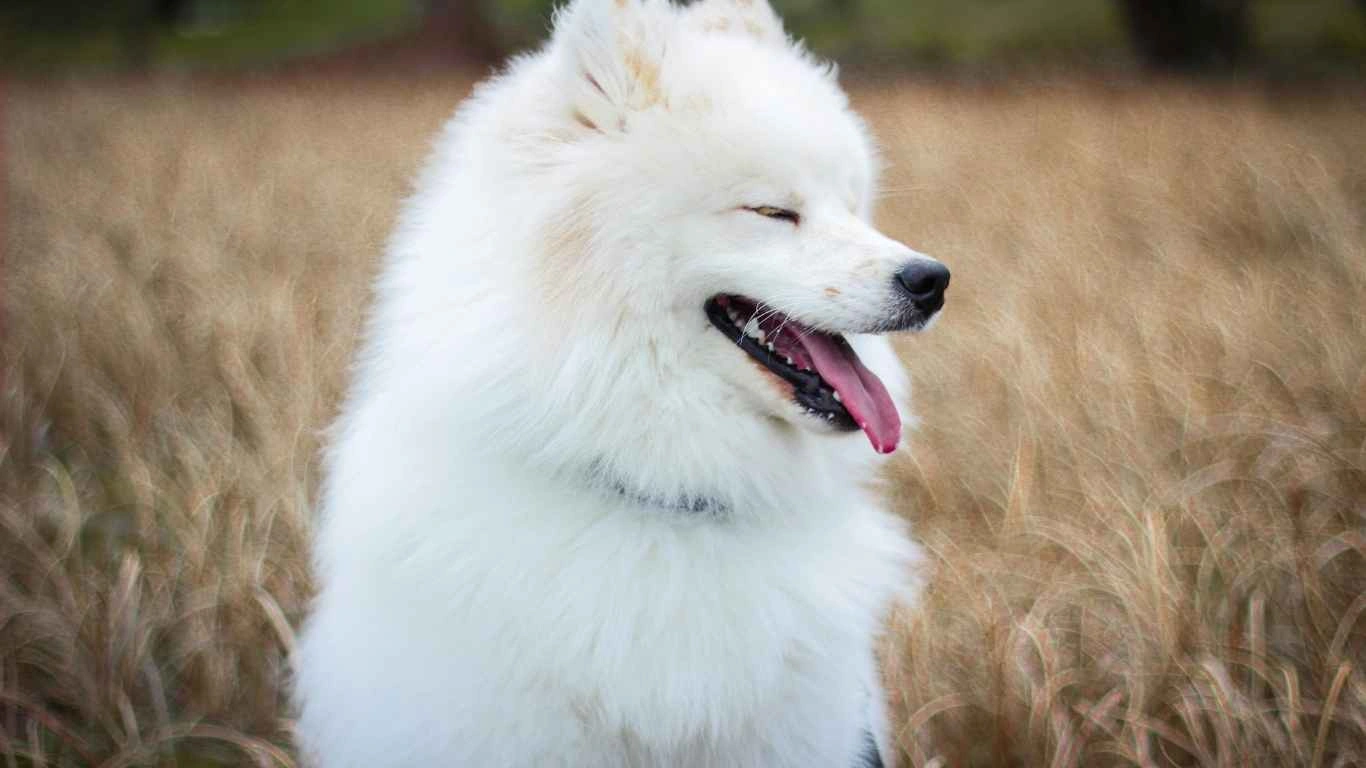
We all want our dogs to stay sharp as they age, don’t we? Whether they’re learning new tricks, responding to commands, or just staying alert during walks, cognitive health is key to their quality of life. Quail eggs, with their impressive nutritional profile, offer several benefits for brain health and cognitive function in dogs.
One of the main contributors to brain health is choline, a nutrient that plays a major role in memory and brain development. Quail eggs are rich in choline, which supports the production of acetylcholine, a neurotransmitter that helps with memory, muscle control, and other essential brain functions. In fact, just a couple of quail eggs in your dog’s diet could support long-term cognitive function, especially in senior dogs who are showing signs of aging, such as forgetfulness or slower reflexes.
The Power of Omega-3 Fatty Acids for Brain Health
We’ve already discussed the benefits of omega-3 fatty acids for skin and coat health, but these healthy fats are also essential for maintaining brain function. Quail eggs are rich in omega-3s, which are known to have positive effects on the brain, particularly when it comes to memory, mood, and overall mental sharpness. If your dog is showing any signs of cognitive decline, introducing quail eggs into their diet could offer some cognitive protection.
In my experience, dogs that eat a diet rich in omega-3s tend to remain mentally alert for longer periods. I’ve worked with a few senior dogs whose owners noticed a boost in their energy levels and responsiveness after introducing omega-3-rich foods like quail eggs into their meals. This type of diet, combined with regular mental stimulation, can be a real game-changer for a dog’s brain health.
Supporting a Healthy Immune System

Your dog’s immune system is their first line of defense against illnesses and infections, and just like humans, dogs need a variety of nutrients to keep it functioning properly. Quail eggs provide a solid combination of vitamins, minerals, and antioxidants that support a healthy immune system. Vitamin A, Vitamin C, and zinc are just a few of the immune-boosting nutrients found in these little eggs.
Antioxidants for Immune Support
Antioxidants are crucial in fighting free radicals—unstable molecules that can damage your dog’s cells and lead to disease. Quail eggs contain antioxidants like selenium and vitamin E, which can help protect your dog’s body from oxidative stress and inflammation. By including quail eggs in their diet, you’re providing them with extra protection against illnesses like infections or chronic conditions that can compromise their immune system.
From my personal experience in the veterinary clinic, I’ve noticed that dogs who eat a well-balanced diet with plenty of vitamins and antioxidants are often less prone to common illnesses like ear infections or skin conditions. Adding quail eggs is an easy way to ensure your dog gets these essential nutrients without having to drastically change their diet.
Zinc for Immune Function
Zinc is another nutrient found in abundance in quail eggs. It plays a significant role in your dog’s immune system by supporting the production and function of immune cells. Dogs with zinc deficiencies may be more susceptible to infections, so quail eggs can be a great way to keep your dog’s immune system strong and resilient. Whether it’s preventing a cold or helping to heal from an injury, zinc helps keep everything functioning as it should.
Adding Quail Eggs to Your Dog’s Diet: Easy Ideas and Recipes

Now that we’ve covered the impressive health benefits of quail eggs, you might be wondering how you can easily incorporate them into your dog’s diet. Luckily, adding quail eggs to their meals is simple, and your dog will likely love them! Here are a few ideas on how to serve them:
Raw Quail Eggs as a Tasty Treat
Some pet owners prefer to give quail eggs raw, as they maintain all of their natural nutrients. Simply crack a quail egg into your dog’s food bowl and let them enjoy the rich protein and healthy fats. You can also mix it into their dry or wet food for an extra boost of nutrition. If your dog’s not too keen on raw food, try lightly scrambling it. My dogs love this, and I’ve found that they’re more likely to gobble it up with a little warm scramble on top of their regular meals!
Quail Eggs in Homemade Dog Treats
If you’re into making homemade dog treats, quail eggs can be a great ingredient to include. You can mix the eggs into a batter for dog biscuits, or even bake them into treats like peanut butter cookies or oat-based snacks. Here’s a simple recipe you can try:
- 1 cup of oat flour
- 1/2 cup of pumpkin puree
- 2 quail eggs (lightly beaten)
- 1 tablespoon of honey
- 1 tablespoon of coconut oil
Mix everything together, roll out the dough, cut it into fun shapes, and bake at 350°F for about 20 minutes. You’ll have a batch of healthy, tasty treats your dog will love, and you can feel good knowing you’re adding a nutrient-packed ingredient like quail eggs.
Adding Quail Eggs to Their Regular Meals
If you prefer to keep things simple, just add a quail egg to your dog’s regular meals a few times a week. Whether you feed your dog kibble, raw food, or homemade meals, quail eggs can be a versatile addition that doesn’t require much effort. Just crack the egg over their meal, stir it in, and watch them enjoy the extra flavor and nutrition!
The Role of Quail Eggs in Weight Management and Metabolism

Maintaining a healthy weight is an ongoing challenge for many dog owners, and it can sometimes be difficult to find the right balance between nutrition and portion control. One of the benefits of feeding your dog quail eggs is their ability to help support a healthy metabolism, which can be crucial for dogs struggling with weight management.
Boosting Metabolism with Nutrient-Rich Quail Eggs
Quail eggs provide a combination of proteins and fats that work together to promote a healthy metabolism. The amino acids in quail eggs contribute to better energy utilization, while the healthy fats support overall metabolic function. Additionally, the B vitamins present in quail eggs, particularly B12 and riboflavin, are known to play an essential role in energy production and metabolic processes.
